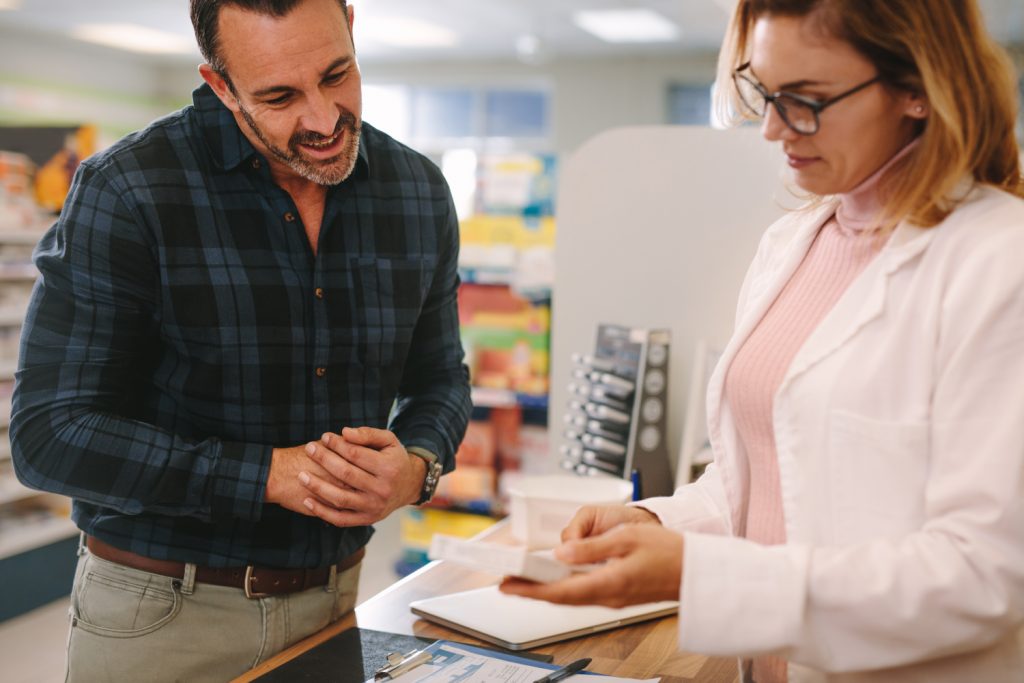Your local pharmacy can play a significant role in helping you manage your medications and your overall well-being. With pharmacists now being able to write some prescriptions and with them taking on a bigger role in healthcare overall, people should work more closely with pharmacists.
Staying on top of your medications is important for managing your health and preventing adverse drug reactions. Your pharmacist can be a valuable resource in helping you manage your medications. Here are nine tips for staying on top of your medications with your pharmacist:
Keep a List of Your Medications
Create a list of all the medications you are taking, including prescription medications, over-the-counter medications, and supplements. Bring this list to your pharmacist to review and update regularly. This will ensure that you are taking the right combination of medication.
Review Your Medications with Your Pharmacist
While it’s something more people should do, it’s important to schedule regular medication reviews with your pharmacist to ensure that your medications are still appropriate and effective for your health conditions.
Educate Yourself – Understand Your Medications
People need to take ownership of their health. Ask your pharmacist to explain how each of your medications works, the correct way to take them, potential side effects, and drug interactions. If you are not sure about something, just ask.
Know Your Refill Schedule
Make sure you know when your medications need to be refilled and communicate this with your pharmacist to ensure that you never run out of your medication. Set alerts on your phone.
Discuss Medication Adherence
Talk to your pharmacist about ways to improve medication adherence, such as setting up reminder systems or using medication packaging that makes it easier to take your medication correctly. Every little bit can help.
Report Side Effects to your Pharmacist
If you experience any side effects from your medication, let your pharmacist know as soon as possible. They can help you determine if the side effects are normal or if you need to talk to your healthcare provider about changing your medication.
Ask About Generic Medications
Ask your pharmacist if there are generic versions of your medications available, which can save you money on your prescriptions. Using generic medications is a great way to help keep costs down.
Keep Your Pharmacy Updated
Make sure your pharmacy has your current contact information and health insurance information, so they can contact you about medication refills and other important information.
Use the Same Pharmacy
Using the same pharmacy for all your medications can help your pharmacist better monitor your medications for drug interactions, side effects, and other issues. The more they get to know you, the better they can help.
Staying on top of your medications with your pharmacist is crucial for managing your health and preventing adverse drug reactions. This can ensure that you are taking your medications correctly and safely.
Working with your pharmacist is an important part of medication management. At Appleby Pharmacy, we provide you with the personalized care you are looking for. Consider Appleby Pharmacy for all your medication and health product needs.











